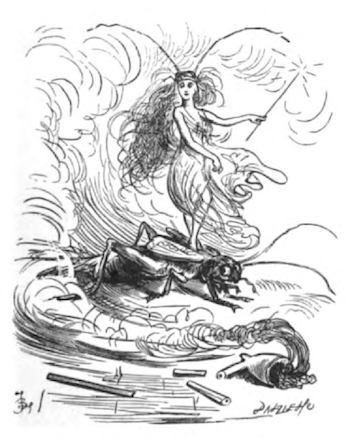
Lovers chirp, gently,
Their sad song to the darkness
Hear this! Just crickets
Writing my haiku reflecting on crickets, I follow in the tradition of the great Kobayashi Issa (1763-1828) who wrote:
On a branch
floating downriver
a cricket, singing.
And Josquin Des Prez (1450-1521) set the anonymous poem El Grillo (the Cricket) to chanson in the Renaissance era. This became his most popular song.
Here’s an English translation on Choral Wiki (translator unidentified):
The cricket is a good singer
He can sing very long
He sings all the time.
But he isn't like the other birds.
If they've sung a little bit
They go somewhere else
The cricket remains where he is
When the heat is very fierce
Then he sings only for love.
In my poem (opening this post) I try to draw together the loving nature of the cricket song found in Des Prez’s song, and fleeting aspect found in Issa’s. Is there another aspect of crickets that artists can focus on in creating their own work?
Today there’s a growing trend of farming crickets for high-protein flour. Crickets need far less feed than cattle to produce the same amount of protein, making this an ecologically sound dietary choice. What a waste our food system is! In a time when world hunger is growing, with nearly 9% of the world’s human population hungry, and national economic development is NOT always linked to better nourishment for all, ecologically and economically sustainable food production and distribution is essential.
In Koji Matsunobu’s recent exploratory Music Education Research article, he studied the pedagogical impacts of cooperative learning and democratic decision-making at a progressive school in Tokyo by having students reflect on their experiences 10 years later. Students remembered their “strong sense of self-efficacy, motivation and ownership” (p. 23). These are three qualities I want my students to remember about coursework they take with me. They’re essential components to resisting metaphorical waste, which I believe leads to less material waste and respect for diverse ecosystems in which all humans must live sustainably and regeneratively.
As music educators, treating music as fully, originally, and naturally interdisciplinary, we guide choral students as they sing El Grillo, read literature, lead students to write their own poems, which can also be turned into songs, experience crickets in Japanese artistic traditions, and consider the global ecological and hunger challenges in a holistic way. I do not believe these are separate concerns. Everything is connected. Ecological.
DS
Link to image of Charles Dickens's 1883 "Cricket on the Hearth": https://upload.wikimedia.org/wikipedia/commons/1/16/Illustration_for_Charles_Dickens%27s_Cricket_on_the_Hearth_by_Fred_Barnard.png
 RSS Feed
RSS Feed
